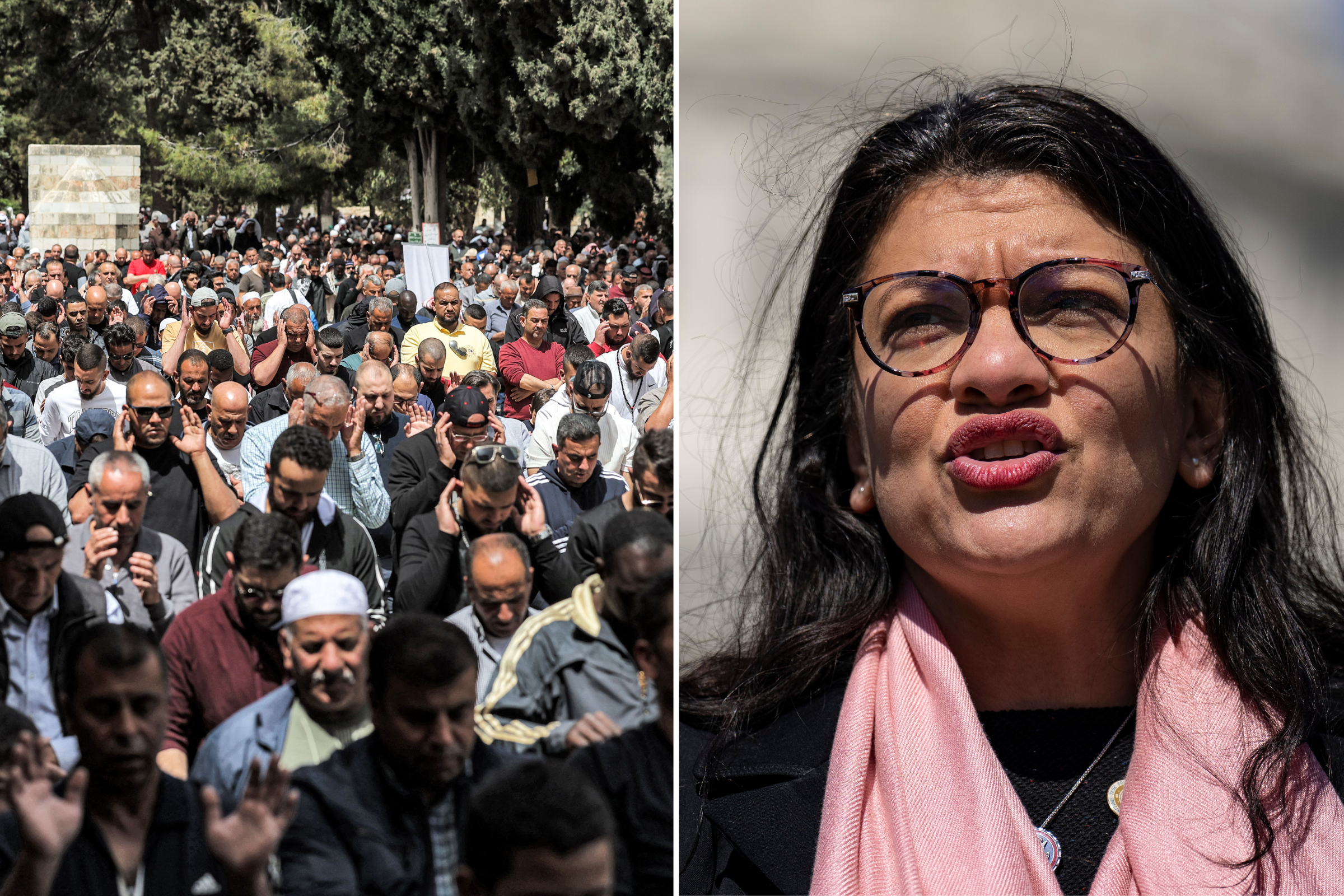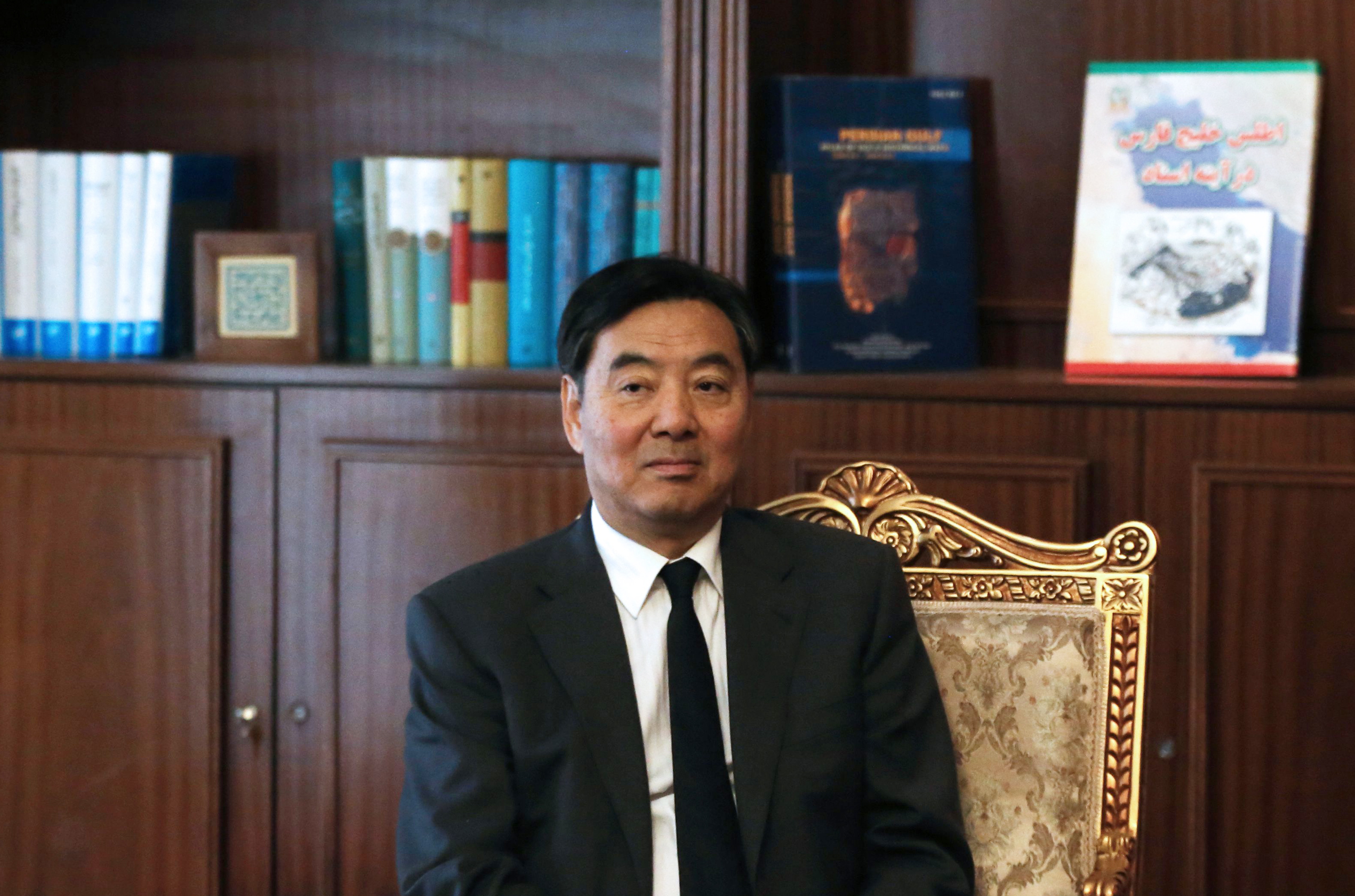I Gave Up My Life for My Kids, Now They've Ghosted Me—What Should I Do?
Dear Newsweek, I'm a 50-year-old daughter of a narcissistic mother who raised my own three daughters largely alone. I suffered plenty of trauma in my childhood. I've been punished from birth for having the audacity to be born, for being the child of an unwed mother in the early 1970s who was forced to keep me rather than allow me to be adopted based solely on the fact that my maternal grandmother, with whom my mother lived while pregnant for me, refused to allow her to continue living there if she allowed an adoption to take place.
Due to my childhood trauma, which included physical, sexual and emotional trauma, I married an abusive spouse at only 18 years old. I had my first child with him 10 months later, and my second 3 years after that. He, just as in my childhood, abused me in every possible form. After 10 years of marriage, I caught him in our bed with our 16-year-old babysitter.
I left my house, marriage, and life at that very moment.
I'd never worked outside the home before that day, and struggled to make ends meet in order to provide a life for my girls. My [ex-husband] never paid a dime in support to help raise them. He never wanted to see them, and because I had no money to hire legal representation, he kept our home which we owned, and all the contents I had not taken on the day I caught him and left.

I also didn't have the funds for a custody fight, so I agreed to what he offered. I signed my rights to the home and its contents over to him and he gave me sole custody of the children.
I signed away everything I owned in order to keep my kids safe. I raised them alone, poured everything I was and had into giving them everything I'd been denied in my own childhood. I wanted to make sure they never felt the pain that I had as a child.
Fast forward 25 years, my first born has three children and her sister is pregnant with her first. Her mother-in-law decided, along with her best friend, to plan my daughter's baby shower without my inclusion.
I informed my daughter that I was upset and hurt by this. I told my daughter that I'd just plan a second shower for our side of the family and our own friends. My daughter decided to align herself with her mother-in-law, and told me that it was my responsibility to call her mother-in-law and ask if she could let me contribute.
I told her I wouldn't and that I wouldn't attend and I'd just drop off the things I'd been buying and accumulating for her and her baby at her house.
That infuriated her, and I was later told that it was "because she'd been having a great day that I'd ruined it" by bringing the situation to her and making her "choose". I'd apologized at least half a dozen times for upsetting her, and told her that I needed some space.
She tried contacting me a few days later to test the waters, and I responded but with the bare minimum. A few weeks later, we were going to meet over a coffee but I got sick the morning we were supposed to meet and let her know we'd have to reschedule. A couple of days later, we agreed to meet at my sister's house to talk.
It was her birthday and was the first year that I'd not made her a birthday cake in her entire life; 27 years. She refused my offer to make it. I brought her a birthday card, drove the long drive there, and the only words she said to me in the 1.25 hours I sat there waiting to talk about the issue at hand, was when she said "…oh…thanks…" when I handed her the card.
After sitting for 1.25 hours while she chitchatted with my sister, not even looking at me, I'd had enough. I said goodbye, got into my car, and drove the two hours back home; ugly sobbing the entire way. I am absolutely devastated at how she has treated me, discarded me, betrayed me, and abandoned me.
She had her child three months ago, and I've never seen and know nothing of the baby except that it's a boy.
My eldest daughter, in order to support her sister, has completely ghosted me and has blocked my contact with my grandchildren, her children.
I've spent the last three years helping her in every way imaginable; they lived with me for months, they also had no vehicle so I drove them everywhere. I've literally done all that I can and I am drained, physically, emotionally, and financially. So, now I have no contact with either daughter and none of my grandchildren. I feel like I wasted my entire life trying and giving them all I had and am, only to have them spit in my face and tell me it hasn't mattered one tiny little bit.
How can I move on when my children were my entire reason for existence, but now they've decided that I'm no longer a rich enough resource for them to tap into?
How can you love someone with all you have, all you are, and literally give them your entire life, love, and soul only to have them completely spit, stamp, and shred you…but keep living?
Unknown, Central Louisiana
Newsweek's "What Should I Do?" offers expert advice to readers. If you have a personal dilemma, let us know via life@newsweek.com. We can ask experts for advice on relationships, family, friends, money and work and your story could be featured on WSID at Newsweek.
Focus on You, No-One Is More Important Than You!
Taneshia Johnson is an associate clinical social worker, self-care coach, and author of the book, "When Depression And Anxiety Have A Voice."
I want to first start off by saying thank you for your vulnerability. You are a woman of dedication and love for your family, and I can feel your sincerity and commitment to them in your words as I read your story.
I want you to take a minute. Close your eyes and focus on you and your feelings while you read this. One thing I want you to remember is that the majority of people who were raised by a narcissist have been programmed to believe that their life is not their own. Daughters of narcissistic mothers have endured all forms of abuse; verbal, emotional, physical, and even psychological.
Between the ages of 0 and 5, 80 percent of a human brain grows. These are considered to be the foundational years where we are learning who we are, what we can do and what we cannot do. From the beginning you and anyone who has been raised by a narcissist have been planted seeds of doubt, guilt, and shame in your spirit and mind. This is now the foundation that you believe is true about yourself and it gets carried out into all of your relationships in the future.
Keeping this in mind, let's take another look at your situation.
There are a couple things going on here. First, you are correct. You chose your husband because his toxic behavior felt familiar to you. We all do this. We seek out relationships that feel familiar or remind us of what we had grown used to at home, and we hope to re-do those relationships with a healthier outcome.
You are not to blame for this. He more than likely made you feel comfortable because you knew how to adapt yourself to people who misuse you because of the relationship you had with your mother. You also didn't know what a healthy relationship looked like. Plus, I can imagine that he did not present himself as the man you eventually saw unravel within him.
The behavior you see in your children is likely a combination of the behavior they saw your husband have while married and an outcome of your enabling. I do not want to cause you more harm than you already have endured, my mission is to help you see that due to your lack of self worth, which has developed as a result of the relationship you had with your mother, you could have "over did" for them when they were younger and now they have learned your role in the family is to simply help, over-provide, or give them things.
They don't see you as their mother, or an individual who is also in crisis and may need to be emotionally supported. They see you as the mother that is okay and capable, and who occasionally may overreact when frustrated, and that finds a way to give to them time no matter what.
I encourage you to get clear on your boundaries, know that you are worthy, start reflecting on what you want and what you need in your relationships. Let go of the idea that you need to be the only one to help your children. They are adults, and when they ask for help, if you can't provide them with support or don't want to do it then just say no, and when you do help them remember to set clear boundaries and limits that feel good to you and that don't leave you in spaces of feeling down.
Due to the psychological abuse that occurs within people who deal with narcissists, it will take some time for you to sow change. I know that you may read this and feel confused. Please know that this is normal. In the beginning, we are hurt and angry because everything we have given to others has been out of love. Over time as you reflect on my words, you will understand better why I have encouraged and recommended these strategies for you.
I also recommend you doing this work with a licensed therapist or counselor, and consider attending a co-dependency anonymous meeting. It will give you the tools you need to learn how to make your life all about you, and will help you develop your own sense of self-worth. When I read your story I see that this is something you deserve. You deserve to be free of this life.
Remember, no-one is more important than you.
Work Through Your Childhood Trauma
Rebecca Kase is a licensed clinical social worker and yoga instructor based in Washington, D.C.
Developmental trauma in our prime years of development can lead to numerous psychological and physical health conditions. Because developmental trauma is typically committed by our primary attachment figures, it can also impair our ability to form and maintain healthy relationships. When healthy boundaries haven't been modeled to you, there is no template to use for creating healthy boundaries and relationships in your adult life.
This story highlights the devastating effects of childhood trauma as it ripples through our relationships with partners and children. There can be a lot to grieve with our trauma, especially when it spills into our present-day lives and ruptures relationships that are important to us. Abandonment, whether real or perceived, can be a powerful trigger for unresolved childhood wounds. We might feel overwhelmed with anxiety, fear, sadness, rage, resentment, and hurt.
This individual has a lot to grieve. They have faced a lot of challenges and burdens. But, when someone sets a boundary with you, the best thing to do is respect it. That individual felt it was necessary to set the boundary for their safety, health, and wellness. While the boundary may be hurtful, it isn't necessarily wrong. Seek out individual counseling to process those hurts and find ways to move forward. Sometimes we love people up close because they're in our life and we have an active relationship with them. But when those relationships aren't in good shape and we aren't on speaking terms, or we are estranged, you can still love someone from afar.








